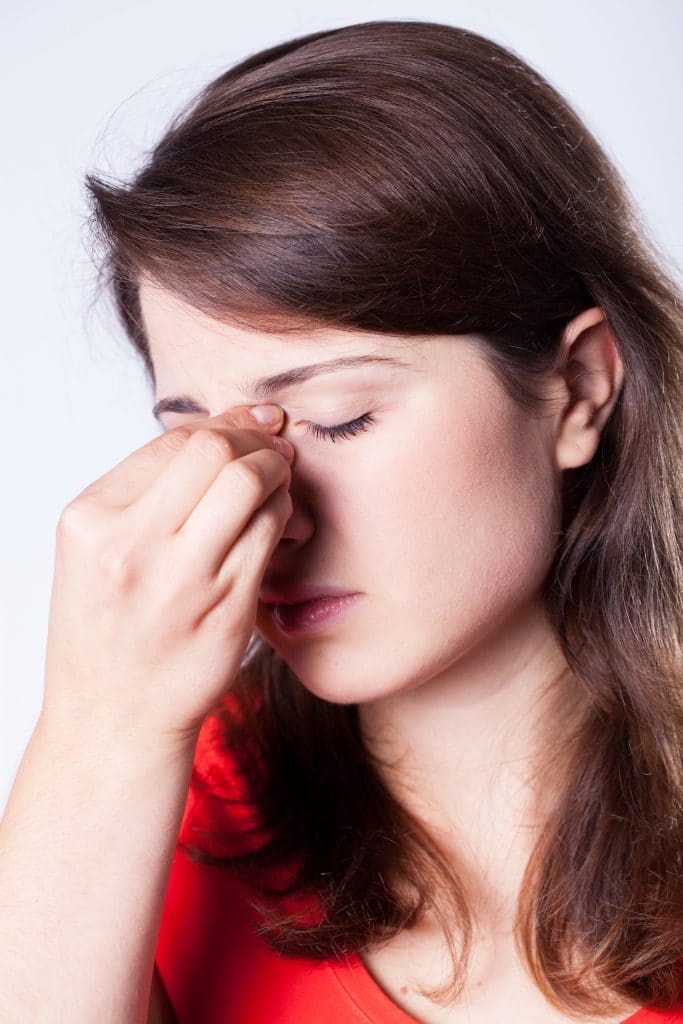How Can Your ENT Health Affect Your Sleep?
Sleep is essential to your health and well-being, yet many people struggle to get their full eight hours. One often overlooked obstacle to a...
Posted on May 19, 2020
SinusWhile a sinus infection, also known as sinusitis, can strike any time of year, doctors report seeing far more patients for the condition in the fall and winter months. This is because the combination of respiratory bugs and cold, dry air sets the stage for sinus problems.

According to the Centers for Disease Control and Prevention (CDC), 29 million Americans, or 11 percent of the population, were diagnosed with sinusitis in 2018. James Palmer, director of rhinology (sinus surgery) at Penn Medicine, reports that between five and 20 percent of the population has chronic sinusitis, meaning the condition persists for 12 weeks or longer.
This number of cases is costly. The American College of Allergy, Asthma and Immunology estimates that, across the nation, people spend $1 billion on over-the-counter drugs and $150 million on prescription drugs for sinus infections per year.
Last year, fourteen-year-old Dawit “D.J.” Debebe, freshman at Perkiomen Valley High School and lifelong allergy sufferer, started developing headaches so severe he had to sit out of football practice.
“It was just constant pain,” he said. He worried he may have a concussion.
The pain became so horrific, his mother Victoria Debebe took him to the emergency room for an MRI, which revealed that all the sinuses on his left side were completely clogged, so much so that the surrounding bone was bending from the force of the trapped mucus.
The infection did not respond to antibiotics or steroids, so Palmer, Debebe’s physician, concluded he had an allergic immune response to fungus. The only reliable treatment available was endoscopic sinus surgery – a procedure that can be performed inside the nose without outside incisions.
“Many people’s sinuses are like houses built in the 1960s with lots of little rooms,” Palmer explained. “I make them into an open floor plan.”
Two weeks after the procedure, Debebe reported that he was breathing much better than he had been before the surgery.
While Debebe’s sinus infection is an extreme example of what can happen, it shows the importance of seeking treatment for sinus problems. If you still have sinus symptoms after 10-14 days of trying over-the-counter medications and at-home remedies, schedule an appointment with a doctor.
For more information about sinusitis or to schedule an appointment with an expert, call Pinnacle ENT Associates today.
Sleep is essential to your health and well-being, yet many people struggle to get their full eight hours. One often overlooked obstacle to a...
It’s time for sunny days in Blue Bell Park, refreshing popsicles and your summer vacations. While hopping on a plane for your favorite warm...
April 22nd is Earth Day, part of a worldwide movement to focus on and care for our environment. As you celebrate Earth Day by...
Nasal polyps are benign growths in the sinus and nasal passages area. They’re known for causing symptoms such as loss of smell, congestion and...